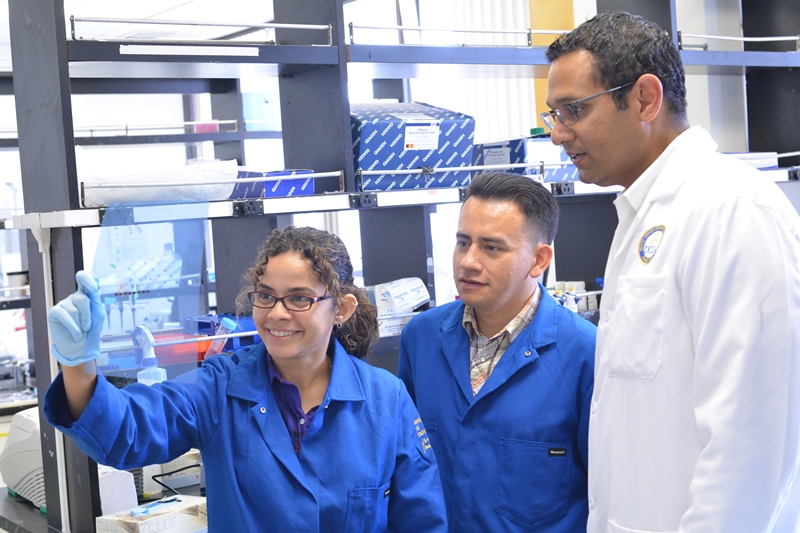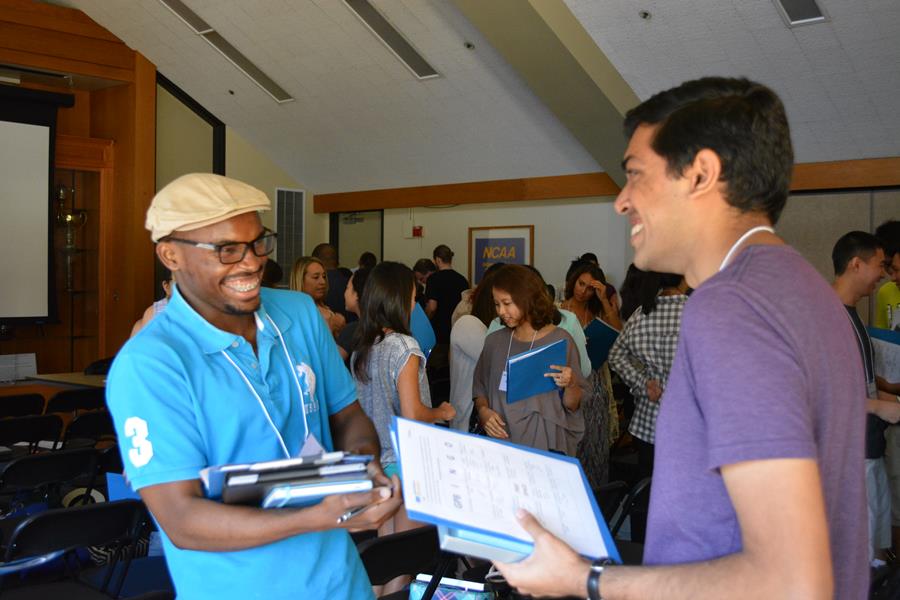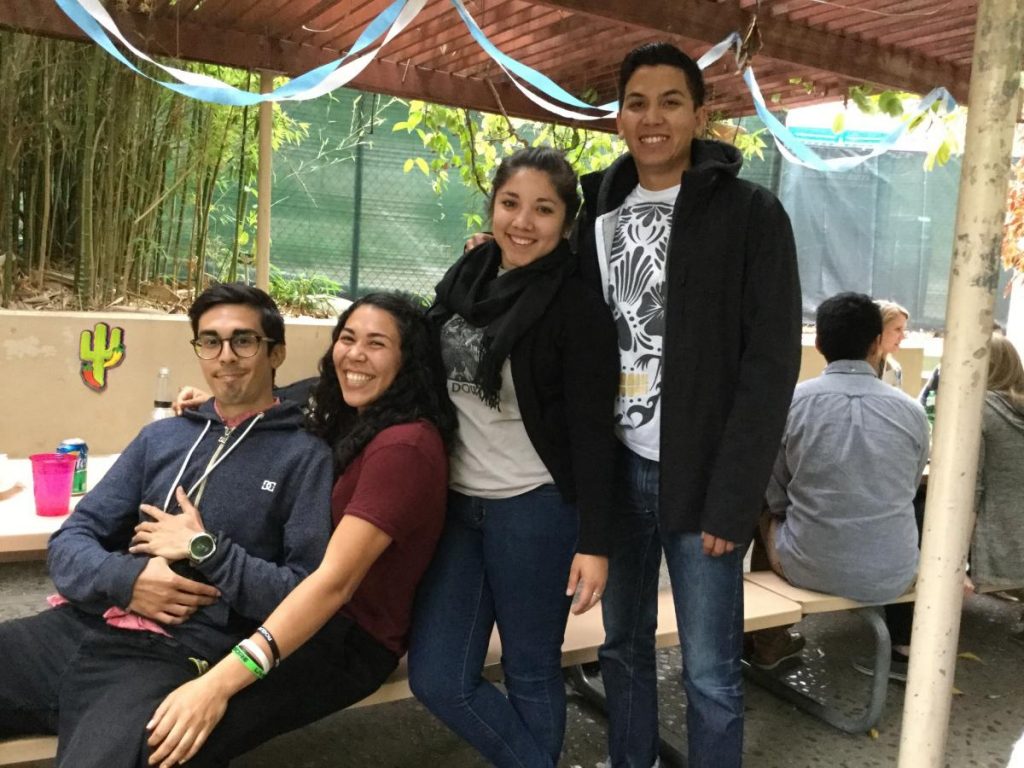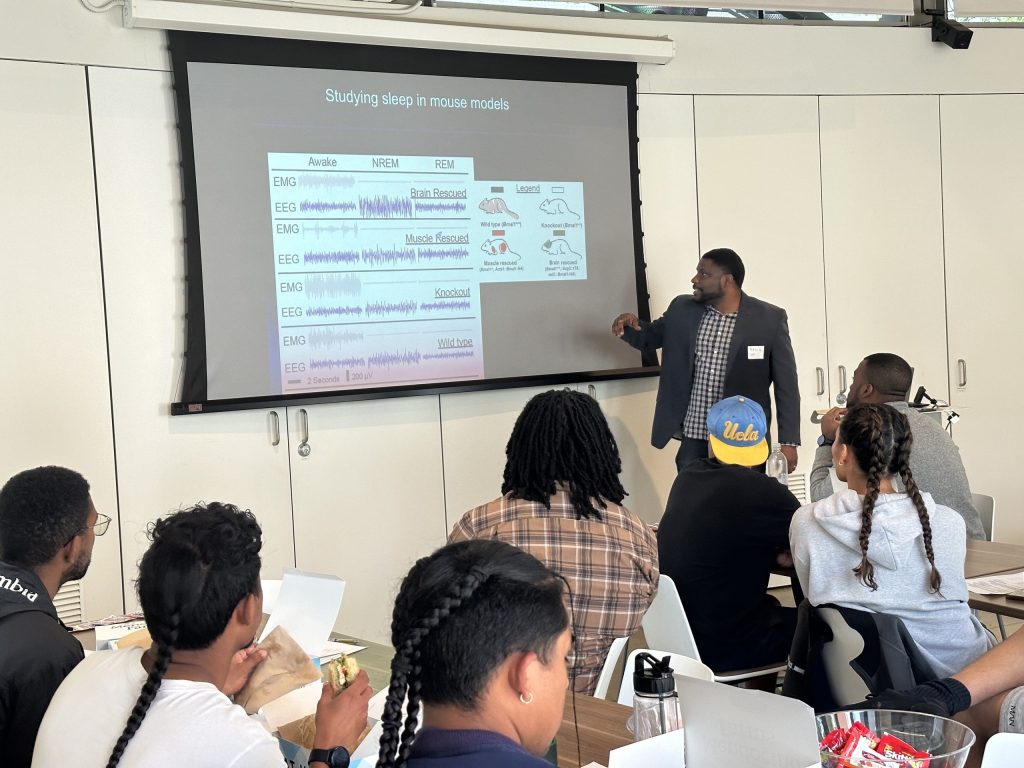
UCLA values diversity and inclusivity because it enriches our work, fosters community and promotes excellence. Graduate Programs in Bioscience is committed to a collaborative and inclusive environment where students from diverse backgrounds are trained to thrive as leaders in the biomedical and life sciences regardless of race, ethnicity, socio-economic status, first-generation college student, immigration status, gender, sexual orientation, or disability. Our programs celebrate the richness of our differences and commonalities, and provide opportunities and resources that encourage each individual to reach their potential.
UCLA offers funds to top candidates from varying cultural, racial, linguistic, geographic, educational, and socioeconomic backgrounds. For example, the Eugene V. Cota-Robles Fellowship is a four-year fellowship program that supports entering PhD students interested in a teaching and research career at a college or university. Secondly, the UCLA Competitive Edge Program is an intensive six-week bridge program that funds newly admitted PhD students whose backgrounds are underrepresented in STEM doctoral programs. Additionally, the Will Rogers Memorial Fellowship provides funding for students with physical disabilities. A comprehensive list of funding opportunities can be found at https://grad.ucla.edu/funding/. View our 2023 Diversity & Inclusion Newsletter, highlighting our Eugene V. Cota-Robles Fellowship Recipients or past Diversity, Inclusion, Community, and Excellence Newsletters (2023, 2022, 2021, 2020, 2019, 2018, 2017, 2016).
Graduate Programs in Bioscience provides advising and sponsorship for enrichment programs (listed below) that support current Ph.D. and MSTP students. Furthermore, weekly drop-in advising sessions provide students the opportunity to discuss wide-ranging topics including, well-being, professional development, mentorship, inclusion and diversity.



